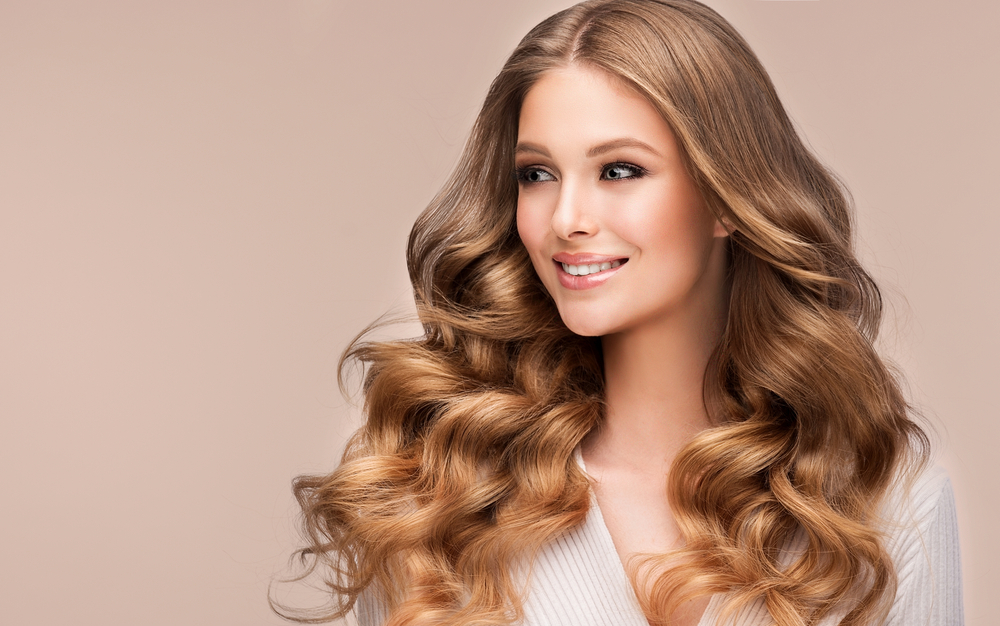How to Stop Hair Loss: Causes and Natural Treatments
Hair loss can be a distressing experience, affecting self-esteem and confidence. It’s a common issue that can arise from a variety of factors, ranging from genetics to lifestyle habits. Understanding the underlying causes of hair loss and exploring natural treatments can help you manage and potentially reverse this condition.
In this article, we will delve into the common causes of hair loss and provide natural remedies that may help in stopping or slowing down the process. By addressing both internal and external factors, you can take a holistic approach to maintaining healthy hair.
Understanding the Causes of Hair Loss
Hair loss can occur due to several reasons, and identifying the root cause is crucial for effective treatment. Here are some of the most common causes:
1. Genetic Factors
Genetic predisposition is one of the leading causes of hair loss, especially in conditions like androgenetic alopecia (commonly known as male or female pattern baldness). This type of hair loss is typically characterized by a gradual thinning of hair, often beginning at the hairline or crown of the head.
.png)
2. Hormonal Changes
Hormonal imbalances can trigger hair loss. Conditions such as thyroid disorders, polycystic ovary syndrome (PCOS), and menopause can lead to significant changes in hormone levels, which in turn can affect hair growth. Androgenic hormones, particularly dihydrotestosterone (DHT), play a role in pattern baldness.
3. Nutritional Deficiencies
A lack of essential nutrients can contribute to hair loss. Deficiencies in vitamins and minerals like iron, zinc, biotin, and vitamins A, C, D, and E can lead to weakened hair follicles and impaired hair growth.
4. Stress and Emotional Factors
Stress, anxiety, and emotional trauma can impact hair growth cycles. Conditions like telogen effluvium are often triggered by significant stressors, leading to temporary hair loss.
5. Medical Conditions
Certain medical conditions, such as autoimmune diseases (e.g., alopecia areata), scalp infections, and chronic illnesses, can result in hair loss. Some medications and treatments, such as chemotherapy, can also cause hair shedding.
6. Poor Hair Care Practices
Harsh hair treatments, excessive use of heat styling tools, and chemical processes (e.g., dyeing and perming) can damage hair and contribute to its loss. Additionally, tight hairstyles that pull on the hair can cause traction alopecia.
Natural Treatments for Hair Loss
Addressing hair loss often involves a combination of lifestyle changes and natural remedies. Here are some effective natural treatments to help stop hair loss and promote healthy hair growth:
1. Improve Your Diet
A balanced diet rich in vitamins and minerals can support healthy hair growth. Incorporate the following nutrients into your diet:
-
Biotin: Found in eggs, nuts, seeds, and leafy greens, biotin supports the production of keratin, a key protein in hair.
-
Iron: Red meat, poultry, fish, and lentils are good sources of iron, which helps carry oxygen to hair follicles.
-
Vitamin C: Citrus fruits, strawberries, and bell peppers enhance iron absorption and support collagen production.
-
Vitamin D: Found in fatty fish, fortified dairy products, and sunlight, vitamin D promotes hair follicle health.
-
Omega-3 Fatty Acids: Fatty fish, flaxseeds, and walnuts contain omega-3s, which reduce inflammation and support hair health.
2. Stay Hydrated
Proper hydration is essential for maintaining healthy hair. Drink plenty of water throughout the day to keep your hair and scalp hydrated. Dehydration can lead to dry, brittle hair that is more prone to breakage.
.png)
3. Scalp Massage
Regular scalp massages can stimulate blood circulation to the hair follicles, promoting hair growth. Use your fingertips to gently massage your scalp in circular motions for about 5-10 minutes daily. You can also use essential oils such as rosemary, peppermint, or lavender, which are believed to enhance hair growth.
4. Aloe Vera
Aloe vera has soothing and healing properties that can benefit the scalp. It helps to reduce inflammation and unblock hair follicles. Apply fresh aloe vera gel directly to the scalp, leave it on for 30 minutes, and then rinse with lukewarm water.
5. Essential Oils
Essential oils have been used traditionally to promote hair growth and reduce hair loss. Some of the most effective essential oils for hair health include:
-
Rosemary Oil: Known for its ability to improve circulation and stimulate hair follicles.
-
Peppermint Oil: Provides a cooling effect and enhances blood flow to the scalp.
-
Lavender Oil: Has soothing properties and may help reduce stress-related hair loss.
Mix a few drops of essential oil with a carrier oil (such as coconut or jojoba oil) and massage it into your scalp. Leave it on for 30 minutes before washing it out.
6. Fenugreek Seeds
Fenugreek seeds are rich in proteins and nicotinic acid, which may help strengthen hair and prevent hair loss. Soak fenugreek seeds in water overnight, grind them into a paste, and apply the paste to your scalp. Leave it on for 30 minutes before rinsing.
7. Green Tea
Green tea contains antioxidants called catechins that can help reduce hair loss and promote hair growth. Brew a cup of green tea, let it cool, and apply it to your scalp. Leave it on for 30 minutes before rinsing. Drinking green tea regularly can also contribute to overall hair health.
8. Onion Juice
Onion juice is believed to have antimicrobial properties and can improve blood circulation to the hair follicles. Grate an onion, extract its juice, and apply it to your scalp. Leave it on for 15-30 minutes before washing it out with a mild shampoo.
9. Egg Mask
Eggs are rich in proteins and biotin, which can help strengthen hair and promote growth. Whisk an egg and apply it to your scalp and hair. Leave it on for 20-30 minutes before rinsing with cool water.
10. Avoid Heat and Chemical Treatments
Minimize the use of heat styling tools (e.g., hair dryers, straighteners) and harsh chemical treatments (e.g., hair dyes, perms) to prevent further damage to your hair. Opt for natural hair care products and gentle hair treatments to maintain hair health.
.png)
When to Seek Professional Help
While natural remedies can be effective, persistent or severe hair loss may require professional evaluation. Consult a healthcare provider or dermatologist if you experience:
-
Significant hair loss or bald patches
-
Persistent scalp itching, redness, or swelling
-
Sudden or unexplained changes in hair texture or color
-
Hair loss accompanied by other symptoms like weight loss or fatigue
A medical professional can help diagnose underlying conditions, recommend treatments, and provide guidance on managing hair loss.
Conclusion
Hair loss can be a challenging issue, but understanding its causes and exploring natural treatments can help you take control of your hair health. By focusing on a balanced diet, proper hydration, and incorporating natural remedies into your routine, you can promote healthy hair growth and reduce the impact of hair loss. Remember that patience and consistency are key, and seeking professional advice when needed can ensure that you receive the best possible care for your hair and overall well-being.
LATEST

Last updated: Sep 10, 2024

Last updated: Aug 31, 2024

Last updated: Sep 10, 2024

Last updated: Sep 10, 2024

Last updated: Sep 10, 2024

Last updated: Sep 10, 2024
